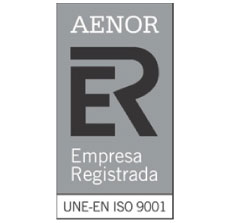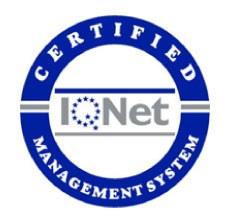Remuneration Schemes
Remuneration Schemes
QualityConta has created a department led by a team of tax, labour relations and human resource management experts to help you implement your company’s remuneration scheme. Establishing an attractive remuneration scheme for your employees is a way of attracting, retaining and motivating talent.
A modern remuneration scheme is based on three principles:
Monetary remuneration, or salary
In-kind remuneration, or perks
Variable remuneration, or bonuses
PERKS: FLEXIPLAN
With Flexiplan you can tailor remuneration to the needs of each employee. Flexiplan includes:
- Salary.
- Perks, the most common being:
- Home rental expenses.
- Lunch vouchers.
- Day nursery vouchers.
- Bus/train vouchers.
- Company car.
- Board and lodging, entertainment budget, holiday travel, etc.
- Insurance.
- School fees and board and lodging for the taxpayer or their family members.
ADVANTAGES
- Allows you to tailor remuneration to each employee.
- Includes tax perks, effectively increasing the employee’s net salary.
- More cost effective for the company.
- Conveys a dynamic and modern corporate image.
BONUSES
This involves establishing variable remuneration linked to a set of parameters, such as performance assessment or targets. These can then be evaluated on an individual, team or company basis.
ADVANTAGES
- Motivates employees.
- Boosts productivity.
- Improves salaries.
- Increases or reduces labour and social security costs, depending on corporate financial results.
“A well-designed remuneration scheme can automatically offset personnel costs in times of crisis”

QualityConta is ISO 9001 certified, which guarantees compliance with standards to ensure the quality, safety and efficiency of its services. All QualityConta management procedures are standardized.

The IQNet certificate ensures that QualityConta can be accredited internationally as it is certified to standards in all countries.

QualityConta complies with the data protection program in accordance with current regulations and is committed to the process of continuous improvement and the principle of proactive responsibility required by the European Data Protection Regulation.
